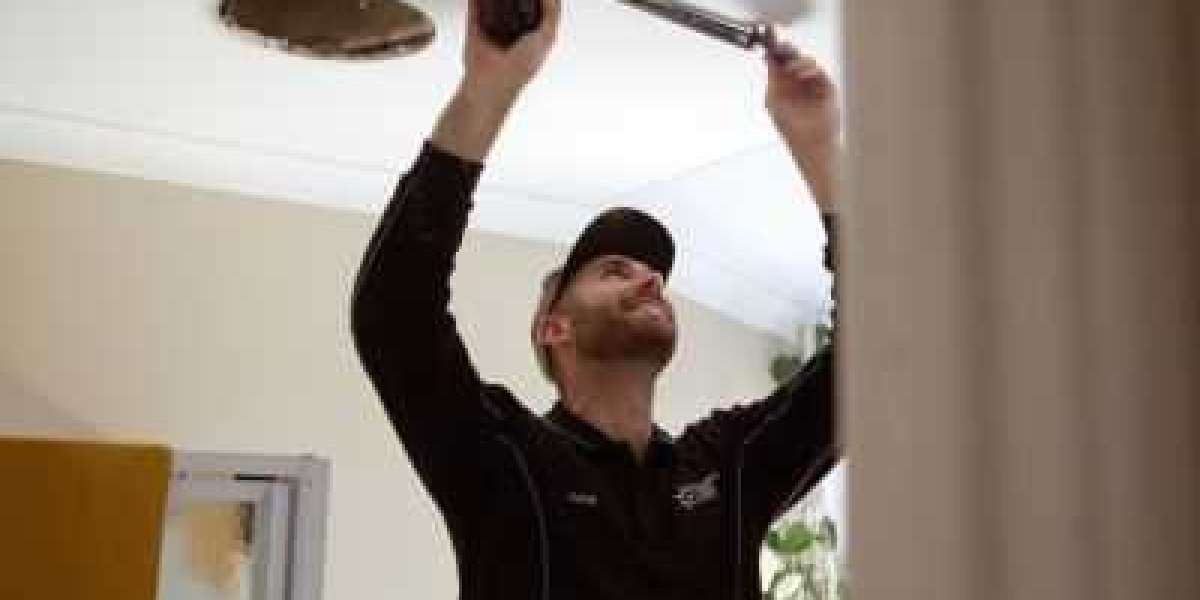Why Your Circuit Breaker Keeps Tripping
One Minute You’re Cooking Dinner, the next - darkness!
Few things are more frustrating than a circuit breaker that keeps tripping. One minute you’re cooking dinner, and the next – darkness! While resetting the breaker can get things back to normal, repeated tripping is a sign that something isn't right.
Understanding why this happens and how to fix it is crucial for the safety and efficiency of your home’s electrical system.
At Millennial Power Group, we frequently help Perth homeowners diagnose and resolve issues with circuit breakers, ensuring their homes remain safe and functional.
What Does a Circuit Breaker Do?
Before we dive into why your circuit breaker keeps tripping, it’s important to understand its role. A circuit breaker is essentially a safety switch that automatically turns off the electrical flow when it detects an overload or a short circuit. This prevents wires from overheating, which can cause electrical fires or damage to your appliances.
While resetting a tripped breaker can feel like a quick fix, repeated tripping is a red flag that shouldn’t be ignored. Here are the most common causes.
1. Overloaded Circuits: The Most Common cause
One of the main reasons circuit breakers trip is due to overloaded circuits. This happens when too many appliances or devices are drawing power from the same circuit, exceeding its safe limit.
How to Identify an Overloaded Circuit:
You experience tripping when using multiple high-wattage appliances like ovens, air conditioners, or washing machines simultaneously.
Lights dim or flicker before the breaker trips.
Solution:
Spread the load by plugging appliances into different outlets or circuits.
If overloading is frequent, you might need to upgrade your electrical system to handle your household’s power demands.
At Millennial Power Group, we often find that older homes struggle to keep up with modern electrical needs. Upgrading your circuits or adding more outlets could save you from future headaches.
2. Short Circuits: A Serious Electrical Hazard
A short circuit occurs when an active wire touches a neutral wire, causing an overload of current. This can result in excess heat, which the breaker detects and shuts down immediately. Short circuits can be caused by loose wiring, damaged appliances or worn-out electrical outlets.
Signs of a Short Circuit:
A burning smell near the breaker or an appliance.
Scorch marks or blackened outlets.
A loud popping noise before the breaker trips.
Solution:
If you suspect a short circuit, it's important to call a licensed electrician right away. Short circuits pose a fire risk and should be addressed by a professional.
3. Ground Faults: A Less Common but Dangerous Issue
A ground fault happens when a live wire comes into contact with a grounded surface, like a metal electrical box or the earth itself. This can cause large amounts of current to flow through unintended paths, triggering the circuit breaker.
How to Spot a Ground Fault:
The breaker trips when using an appliance near water, like in a bathroom or kitchen.
Wet or damp areas near outlets or wiring.
Solution:
Ground faults require immediate attention, as they can lead to electric shocks or fires. Installing an RCD in areas prone to moisture is a proactive way to prevent future issues.
4. Faulty Appliances or Devices
Sometimes, the culprit isn’t your wiring or circuit, but a faulty appliance. If a particular device causes the breaker to trip every time you use it, it might be time to replace that appliance.
How to Diagnose Faulty Appliances:
The breaker trips only when a specific appliance is plugged in or turned on.
The appliance shows signs of wear, damage, or malfunction.
Solution:
Unplug the faulty device and avoid using it until it’s been inspected or replaced. If you're unsure whether the issue is with your appliance or your electrical system, give Millennial Power Group a call – we’ll help you figure it out.
5. Worn-Out Circuit Breaker
In some cases, your circuit breaker itself may be the issue. Circuit breakers can wear out over time, especially in older homes. A worn-out breaker might trip more easily, even under normal conditions.
Signs of a Worn-Out Breaker:
The breaker trips frequently, even with minimal load.
The breaker feels loose or won’t stay reset.
Solution:
If your breaker is outdated or malfunctioning, replacing it is a relatively simple fix. At Millennial Power Group, we recommend upgrading to modern breakers that provide better protection and durability.
When to Call a Professional Electrician
Electrical issues require the expertise of a licensed electrician. Make the safe choice and reach out to the pros if
You suspect a short circuit or ground fault.
Your circuit breaker trips even when you're not using any high-wattage appliances.
You smell burning or see scorch marks near your outlets or switchboard (some people call this a meter board).
Your home is older, and the electrical system hasn’t been upgraded in years.
A tripping circuit breaker is your electrical system’s way of telling you that something isn’t right. Make the safe choice and get it looked at by a licenced Electrician
At Millennial Power Group, we pride ourselves on providing prompt, reliable electrical services to homeowners across Perth.
Millennial Power Group’s Take: Don’t Ignore Frequent Tripping
Repeated circuit breaker trips are more than just an inconvenience – they’re a sign that something could be seriously wrong with your home’s electrical system.
At Millennial Power Group, we always advise Perth homeowners to take electrical issues seriously, especially when it comes to tripping breakers.
Ignoring the problem can lead to:
· Electrical fires caused by overheated wiring.
· Appliance damage from inconsistent power supply.
· Higher electricity bills due to inefficient power use.
Our professional opinion? If your circuit breaker trips regularly, don’t just keep resetting it. Instead, take action to diagnose and fix the underlying problem.








